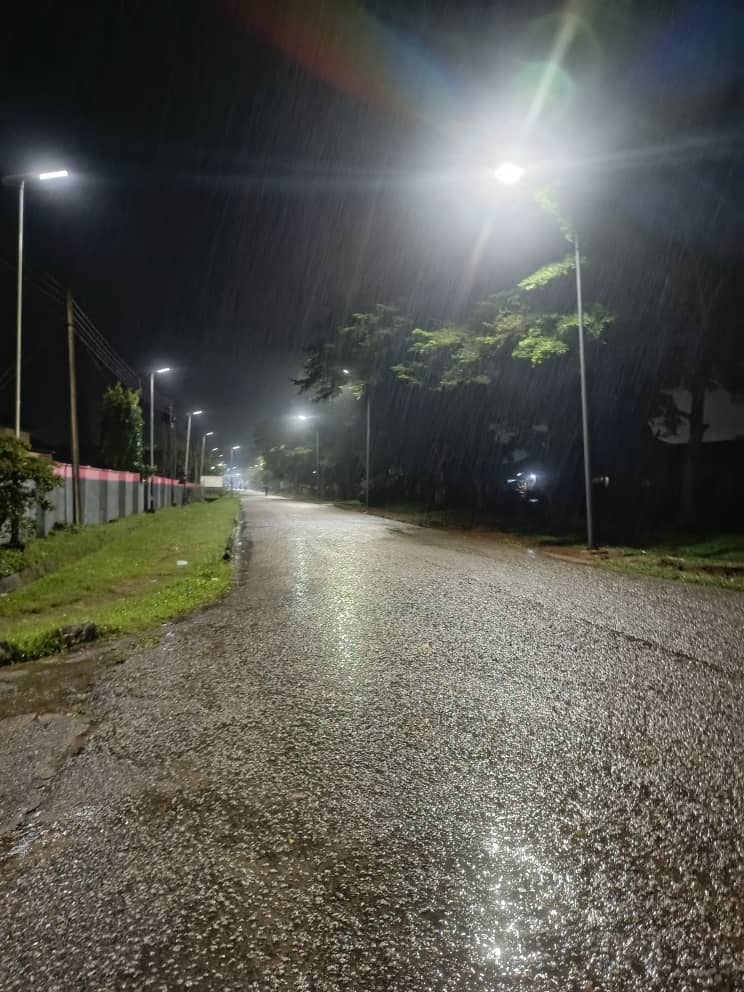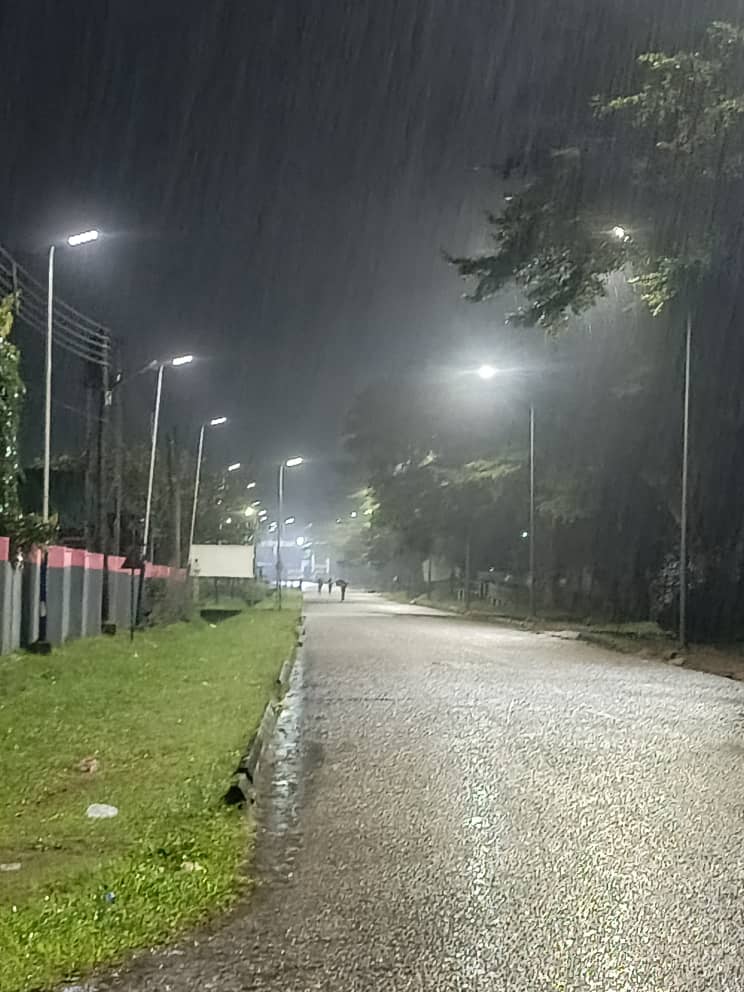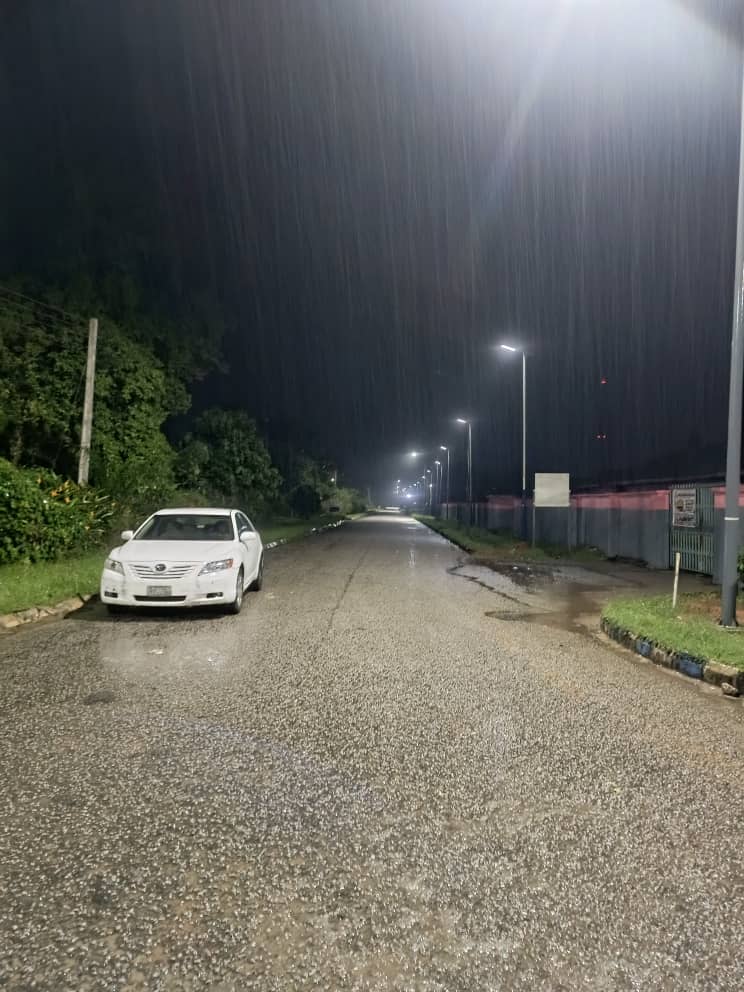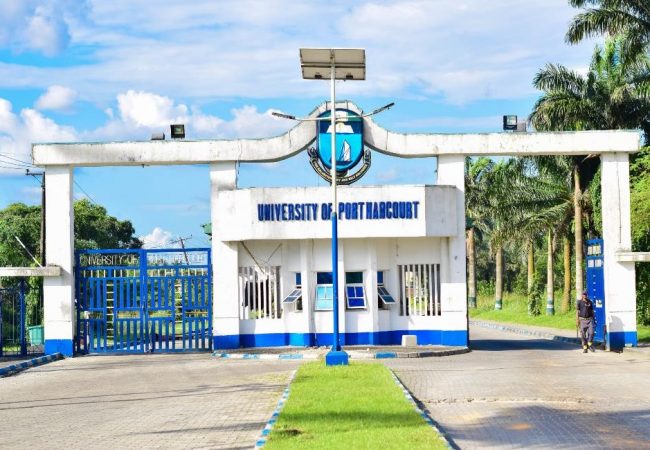The University of Port Harcourt has taken another bold step towards sustainable energy as the Rural Electrification Agency (REA) advances its solar-powered initiative across the institution. At Delta Park, the heart of student life on campus, the installation of solar-power lights has begun to transform the atmosphere, offering both improved security and reliable night-time visibility.
This development is part of the broader 10.7 megawatt solar hybrid power project championed by the REA to provide uninterrupted electricity supply to the University of Port Harcourt and its Teaching Hospital. While the main plant is nearing completion, the visible impact of the project is already felt within Delta Park, where students, lecturers, and visitors now experience a more vibrant and safer environment at night.
For years, inadequate lighting and erratic power supply have posed challenges to campus life. With the deployment of solar-power lights, residents of Delta Park no longer depend solely on diesel-powered generators or unreliable grid supply. Instead, clean renewable energy is now powering pathways, relaxation spots, and lecture areas, bringing convenience and reassurance to thousands of users.
The initiative also highlights Nigeria’s growing commitment to green energy solutions within higher institutions. Beyond environmental benefits, the project is expected to cut down electricity costs, improve campus safety, and reduce the University’s dependence on fossil fuels. It is also a model of how renewable energy can address practical needs such as student safety and campus productivity.
As the solar hybrid plant project continues toward full commissioning, Delta Park stands as a glowing example of progress. With the night now illuminated by renewable energy, UniPort’s campus community is not only enjoying improved facilities but is also contributing to Nigeria’s larger journey toward sustainable power.





